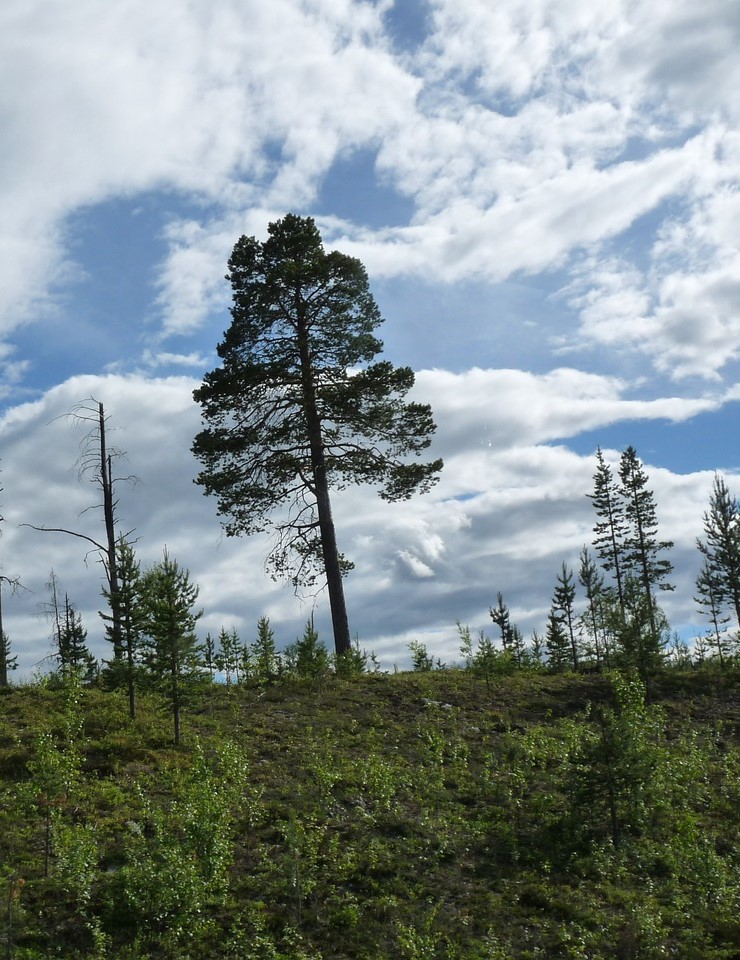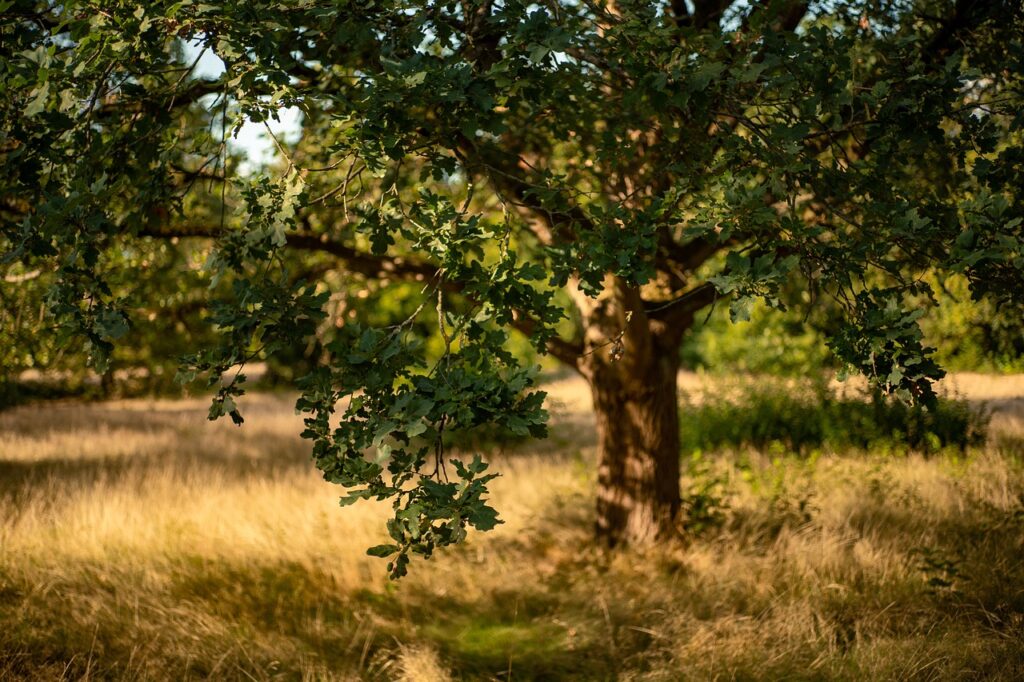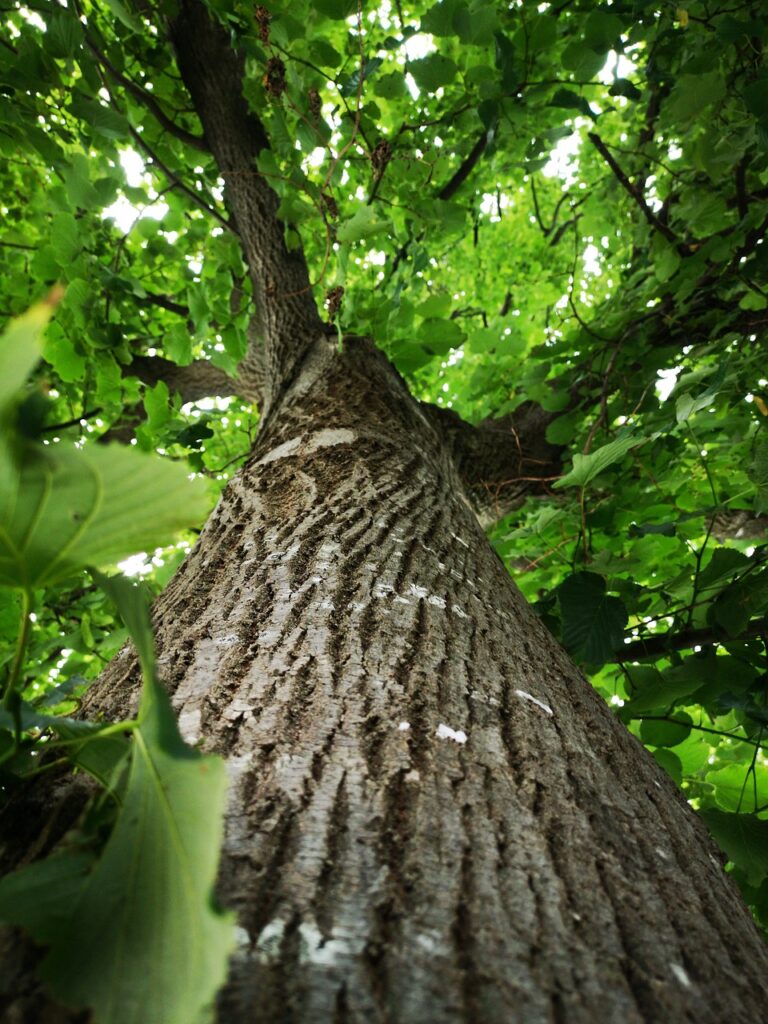Eudr
What is the European Union Deforestation Regulation (EUDR)?
The EU’s anti- deforestation regulation aims to curb climate change and biodiversity loss and obliges companies to ensure that products sold in the EU have not caused deforestation or forest degradation.
Deforestation is the destruction of forests in order to use the land for other purposes. Forest degradation is a longer-term process linked to the unsustainable use of forest resources, which leads to deterioration of forest condition and loss of forest vitality (including, for example, the regeneration of wood and/or biodiversity).
The regulation is a major turning point in the global fight against deforestation, which will come into force on 30 December 2024.

Why valdia us
Our advantages
Whether it is EUDR, RED III or any other regulation, understanding, interpreting and using them is part of our daily work.
If you have any problems interpreting the regulation, contact us - we'll try to help.
Our service portfolio includes various certification schemes that strive for compliance with EUDR requirements. We offer information seminars on EUDR and the different certification schemes to raise awareness.
Which products are covered?
The EUDR covers a wide range of products such as coffee, cocoa, timber, soya, palm oil and livestock (including products containing, fed to or made from them). The full list with the product codes of the EU Combined Nomenclature (CN) can be found in the first annex of the regulation(Annex I).
Products not listed in Annex I to the Regulation are considered exempt. It also does not apply to goods and products (except wood products, to which EUTR requirements apply) used as packaging material* and which are manufactured:
- before the entry into force of the Regulation;
- made entirely from end-of-life material that would otherwise be discarded as waste.
* partially exempted

How to prove compliance with the EUDR?
Operators and traders wishing to place these products and goods on the EU market or to export them will have to implement mandatory due diligence requirements to ensure that they are deforestation-free and produced under the legislation of the country of production.
Under the EUDR, deforestation-free means that products and goods are not sourced from areas where deforestation has taken place since 31 December 2005. December 2020.
Furthermore, in the case of timber and/or timber-containing products, it must be ensured that the timber used for their manufacture has been harvested after 31 December 2013. December 2020 harvested from forests in a way that does not lead to forest degradation.
The duty of care includes the following steps:
- collecting information, data and documents;
- risk assessment;
- developing and implementing risk mitigation measures.
Businesses need to gather information on their various supply chains, assess the risks they may face and take the necessary mitigation measures to prevent non-compliant goods and products from being sourced and placed on the market.

Sustainability certification schemes - one way to comply?
The EUDR Regulation describes and recognises the use of different certification schemes or other third-party verified schemes used in the forestry and agriculture sector as a good practice and one option for risk assessment. However, they are not a substitute for the operator’s responsibility for due diligence.
How can we help you with the EUDR?
As a certification body, we are exposed to EUDR requirements daily, as part of various certification schemes. Our auditors take part
in related working groups and training courses that keep us up to date with the latest changes and interpretations as well as market trends
If the regulation applies to you (or if you are unsure) and you want to understand what solutions may be available to meet the EUDR requirements, please contact us –we will try to help you.
Put our expertise to work for you!
Documents
Training
- EUDR training
- PEFC EUDR Module Training
- FSC® EUDR module training
